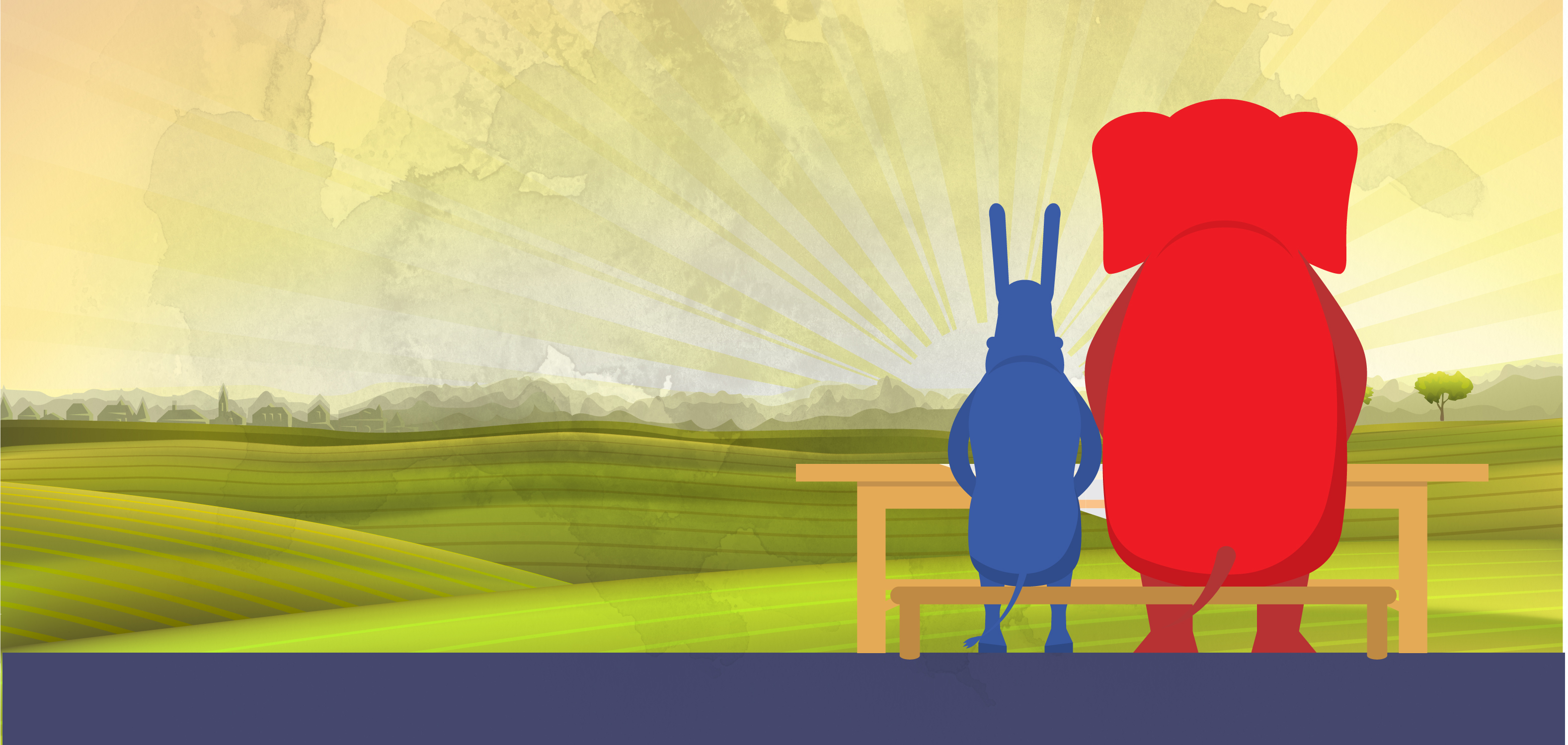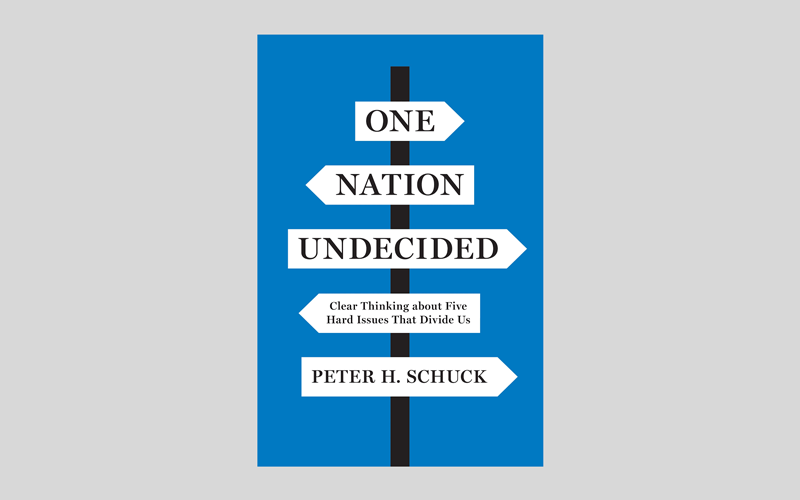
Perhaps the most philosophically grounded leader of all time lived nearly 1900 years ago. He was Marcus Aurelius, the Emperor of Rome from 161 to 180 A.D. Known as the philosopher king, the period of his reign was, in the words of Edward Gibbon from Decline and Fall of the Roman Empire, “the period in the history of the world, during which the condition of the human race was most happy and prosperous.”
I just had the pleasure of reading Marcus Aurelius’ Meditations. These are short entries in a sort of diary that Marcus wrote while he was Emperor. But they were not records of daily events, or intended to be read by others. Rather, Marcus was talking to himself about his philosophy of the well-lived life and about the responsibilities of leadership. Here are some of the meditations I found most resonant.
- “Everything is just an impression.”1
- You take things you don’t control and define them as “good” or “bad.” And so of course when the “bad” things happen, or the “good” ones don’t, you blame the gods and feel hatred for the people responsible – or those you decide to make responsible. Much of our bad behavior stems from trying to apply those criteria. If we limited “good” and “bad” to our own actions, we’d have no call to challenge God, or to treat other people as enemies.2
- Concentrate every minute like a Roman – like a man – on doing what’s in front of you with precise and genuine seriousness, tenderly, willingly, with justice. And on freeing yourself from all other distractions. Yes, you can – if you do everything as if it were the last thing you were doing in your life, and stop being aimless, stop letting your emotions override what your mind tells you, stop being hypocritical, self-centered, irritable. You see how few things you have to do to live a satisfying and reverent life? If you can manage this, that’s all even the gods can ask of you.3
- Do external things distract you? Then make time for yourself to learn something worthwhile; stop letting yourself be pulled in all directions. But make sure you guard against the other kind of confusion. People who labor all their lives but have no purpose to direct every thought and impulse toward are wasting their time – even when hard at work.4
- Your ability to control your thoughts – treat it with respect. It’s all that protects your mind from false perceptions – false to your nature, and that of all rational beings. It’s what makes thoughtfulness possible, and affection for other people, and submission to the divine.5
- If you do the job in a principled way, with diligence, energy and patience, if you keep yourself free of distractions, and keep the spirit inside you undamaged, as if you might have to give it back at any moment –
- If you can embrace this without fear or expectation – can find fulfillment in what you’re doing now, as Nature intended, and in superhuman truthfulness (every word, every utterance) – then your life will be happy.
- No one can prevent that.6
- In a sense, people are our proper occupation. Our actions may be impeded by them, but there can be no impeding our intentions or our dispositions. Because we can accommodate and adapt. The mind adapts and converts to its own purposes the obstacle to our acting.
- The impediment to action advances action.
- What stands in the way becomes the way.7
- Frightened of change? But what can exist without it? What’s closer to nature’s heart? Can you take a hot bath and leave the firewood as it was? Eat food without transforming it? Can any vital process take place without something being changed?
- Can’t you see? It’s just the same with you – and just as vital to nature.8
- “If you seek tranquility, do less.” Or (more accurately) do what’s essential – what the logos of a social being requires, and in the requisite way. Which brings a double satisfaction: to do less, better.
- Because most of what we say and do is not essential. If you can eliminate it, you’ll have more time, and more tranquility. Ask yourself at every moment, “Is this necessary?”
- But we need to eliminate unnecessary assumptions as well. To eliminate the unnecessary actions that follow.9
- “If you don’t have a consistent goal in life, you can’t live it in a consistent way.”
- Unhelpful, unless you specify a goal.
- There is no common benchmark for all the things that people think are good – except for a few, the ones that affect us all. So the goal should be a common one – a civic one. If you direct all your energies toward that, your actions will be consistent. And so will you.10
- Have I done something for the common good? Then I share in the benefits.
- To stay centered on that.11
If you want to delve deeper into Marcus’ thinking in Meditations, I recommend the translation by Gregory Hays.
1 Aurelius, Meditations, 22.
2 Aurelius, Meditations, 78.
3 Marcus Aurelius, Meditations, ed. Gregory Hays (New York: Modern Library, 2002), 18.
4 Aurelius, Meditations, 19.
5 Aurelius, Meditations, 32.
6 Aurelius, Meditations, 33.
7 Aurelius, Meditations, 60.
8 Aurelius, Meditations, 88.
9 Aurelius, Meditations, 42-43.
10 Aurelius, Meditations, 156.
11 Aurelius, Meditations, 148.






